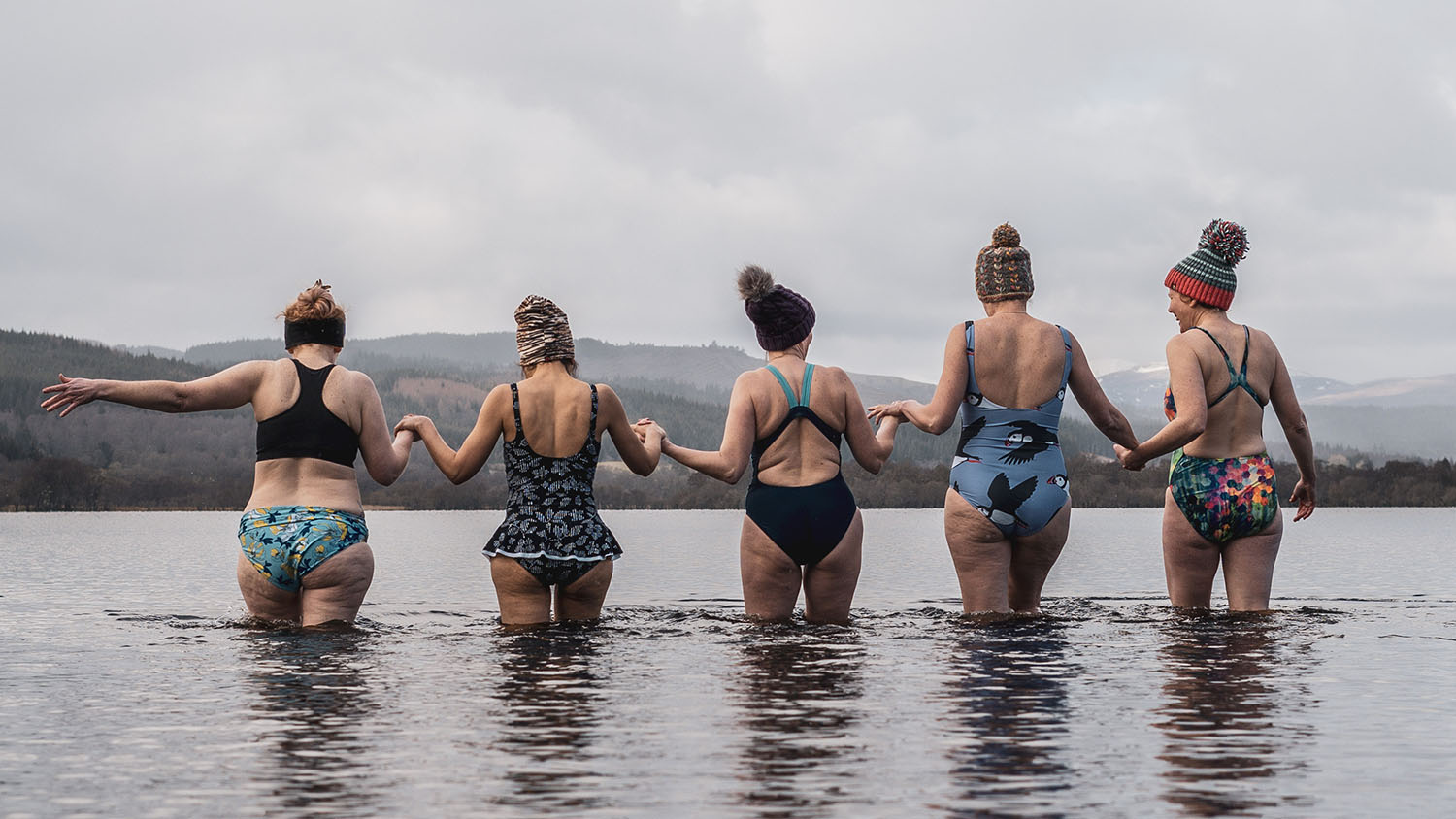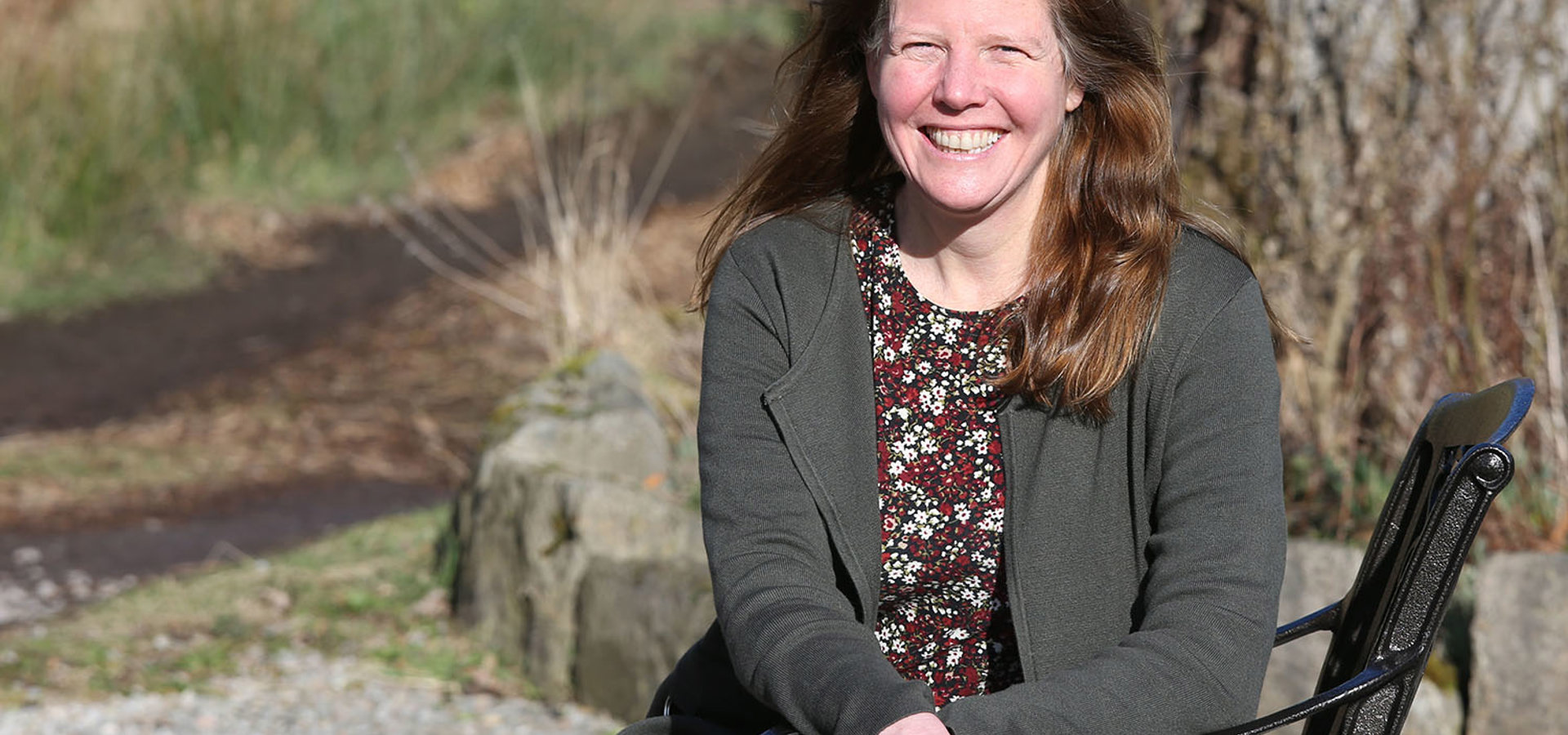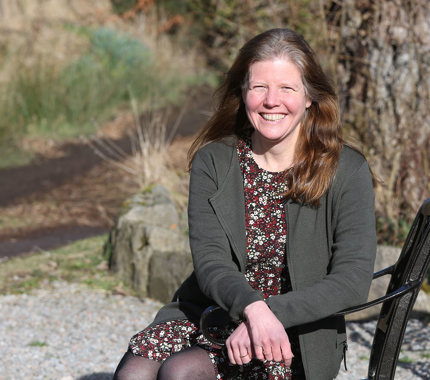When Katharine Jones decided to go back into general practice after a spell in medical leadership, she was aware it might involve a bit of adjustment.
However, she was surprised – and dismayed – to find her new job (as a salaried GP in a practice on the Isle of Skye) was much, much harder than anticipated.
When she discovered her own health – specifically the menopause – was a major contributor to this feeling, it inspired her to focus on the wider wellbeing needs of other doctors. It also led to a significant change in her approach as a GP.
‘I really struggled getting back into general practice – I thought I was just getting used to it again,’ says Dr Jones, who is now a salaried doctor in a practice in Alness in the Scottish Highlands. ‘But after about two years, I realised I was having significant problems with processing and memory and decision-making, to the point that I felt I was borderline fit for practising.
‘And as a doctor, what do you do? Do you go to occupational health, do you go to your own GP? You’re scared to be honest, because you don’t know what’s happening to you.’
At this stage Dr Jones was in her early 40s, but feared she was developing dementia. She found everyday tasks at home almost beyond her: packing for a holiday became extremely stressful and she had notes and timers all over the house to remind her of what she should have been doing.
Transformative treatment
Several things contributed to her growing understanding of what was happening to her. Firstly, she had some coaching that started to restore her confidence, which in turn led to her taking up running. Then she heard an educational talk from a menopause expert who said the brain needs oestrogen.
‘As soon as she said that, I thought “that’s what’s wrong with me”. I started taking HRT and it’s been absolutely incredible for me – particularly, I think because I had that period of feeling like I was never going to be able to do anything again with my brain. It was the springboard to me embracing learning, I’ve started my own company, I’ve done some training in coaching and qualified as an accredited lifestyle medicine physician. It’s been the total joy of knowing I don’t have pre-senile dementia, that I have a useful purpose.’
She wishes doctors had more information and understanding about the menopause – and includes herself in that. ‘I think now of all the women I’ve seen over the years, and I’m sure there are numerous times that I’ve started talking about antidepressants or counselling, or arranged tests that maybe weren’t necessary, because I didn’t understand how the menopause could present,’ she says. ‘I feel quite guilty about that.’
 WADE IN: Clients of the Wild-Ness Spa & Retreat try cold-water swimming
WADE IN: Clients of the Wild-Ness Spa & Retreat try cold-water swimming
Dr Jones’ own experiences made her rethink the way she practised as a GP – and she believes her approach has wider lessons for the profession. Too many doctors think of themselves as ‘rescuers’, responsible for solving all the problems of patients, she says. But this leaves doctors exhausted and burnt out and doesn’t do patients any favours either.
‘The problem with this dynamic is that rescuers think they’re being really good people, going above and beyond, taking on extra shifts, and doing things for the patients that they could be doing themselves. But what they’re actually doing is holding the patient in the “victim” or “helpless” mode,’ she says.
This dynamic might work in a scenario where a patient comes in with an infection or injury that is fixable, she says, leaving clinician and patient happy with the outcome.
But she adds: ‘The problem we’ve got now, particularly in primary care, is that in 80 per cent of consultations, the patients are coming in with problems that aren’t fixable in that way. They’re caused by lifestyle, and the patient can only fix that themselves. But they come in expecting the clinician to fix it, and the clinicians expect to fix them, because they’ve done years of training, they’re altruistic, and they’ve been driven into this role to help people. This means you get huge frustration in the system because the clinician is trying to “fix” the patient, but it doesn’t work.’
Sauna and exercise
She has found that by incorporating the principles of lifestyle medicine in her practice and moving from being ‘rescuer’ to ‘coach’ – encouraging patients to take responsibility for their own wellbeing, is flipping that dynamic to create a much healthier relationship. This includes using techniques such as motivational interviewing – where the patient is encouraged to come up with and implement their own solutions, with guidance – but also by prescribing activities which are good for wellbeing, such as saunas and exercise classes.
‘Using this approach has been transformative. I’m not saying it works for everyone, but I’ve had people saying they’ve been waiting for this consultation for years. And, as a GP, it literally feels like you’re releasing people from a cage of perceived reliance on the health service, where they are waiting for an appointment, waiting for a diagnosis, waiting for the drugs to kick in. Instead, you’re giving them the tools to make the change themselves.’
She agreed to take on her NHS role as a GP at the practice in Alness only if she could integrate lifestyle medicine into her consultations. The health board agreed (presumably at least in part because of the difficulty of recruiting GPs to rural general practice) and this means she has extended consultations for patients with complex physical, mental and emotional problems. She also is working on a project to assess the effect of this approach.
The practice is also introducing group consultations for people with long-term conditions to encourage peer support and have access to community link workers who can take a holistic view of people’s needs and direct them to available help.
Clinicians expect to fix them, because they’ve done years of training, they’re altruistic, and they’ve been driven into this role to help peopleDr Jones
At the same time, she continues to develop her business, called Wild-Ness Spa & Retreat, which runs courses for the general public and local community, on topics including navigating the menopause and the benefits of ‘wild’ activities, including cold-water swimming. But it also has retreats solely for health professionals, promoting the benefits of a lifestyle medicine approach. This is important to her, because clinician wellness has always been an interest of hers, even before she had her own health problems.
‘What’s happening is that my business and my NHS work are tracking along in parallel – what I’m learning from the business, I’m using in the NHS work, and what I’m learning from the NHS work in terms of delivering this approach to people in the practice – and I most actively seek out the most complex patients – I’m applying to the business.’
It has also transformed her own attitude to her role as a GP, she says, and reignited her enthusiasm for the job.
‘It’s been really amazing – it’s a cliché, but it’s really been an amazing journey.’
See more information – including details of forthcoming events – at www.wild-ness.co.uk
(Photos by Peter Jolly and Molly and Jake Gilbert)
Published on 21 March 2024


